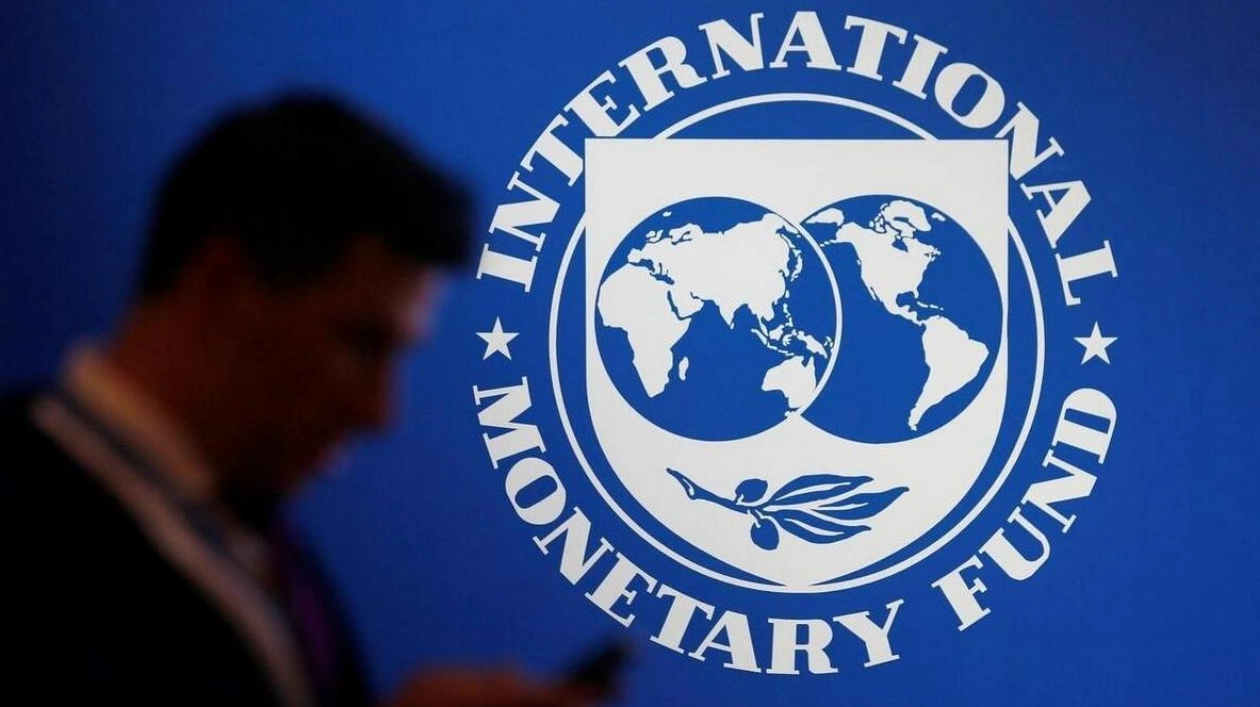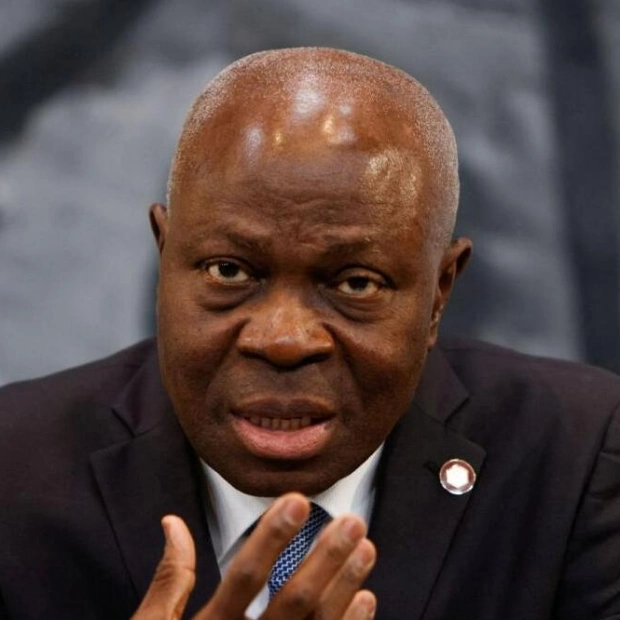The Gulf Cooperation Council (GCC) countries are projected to experience a significant growth rate of 4.2 percent in 2025, up from approximately 1.2 percent this year, according to Jihad Azour, Director of the Middle East and Central Asia Department at the International Monetary Fund (IMF). The non-oil sector has been the primary driver of growth in the region, which has successfully navigated various shocks and challenges.
"There is no doubt that the GCC countries have effectively adapted to numerous shocks and challenges over the past years, starting from the Covid-19 pandemic and oil market fluctuations. Despite the presence of OPEC+ and its agreements, GCC countries have managed to sustain a certain level of growth," Azour stated during a media briefing following the release of the World Economic Outlook (WEO) report.
For 2024, Azour noted that projections are more optimistic compared to the previous year. "This is crucial when considering that the primary force behind the growth in GCC countries is the development of the non-oil economy. The advancement of the non-oil economy has been a key driver of growth, with Gulf countries maintaining a robust growth rate between three to four percent for non-oil sectors," the IMF's regional director explained.
In its October edition of the World Economic Outlook, the IMF revised the UAE's growth forecast for next year upwards by 0.9 percent to 5.1 percent, driven by strong growth in non-oil sectors and stable crude oil prices. Additionally, in May 2024, the IMF increased the UAE's overall real GDP growth forecast to 4 percent for 2024, up from its previous estimate of 3.5 percent in April.
Regarding Saudi Arabia, the IMF expects the country to grow by 1.5 percent this year, an improvement from the -0.2 percent growth recorded last year. For next year, growth is projected to reach 4.6 percent. This growth is attributed to economic development, the non-oil economy in the Kingdom, improved oil production, and the unwinding of the OPEC agreement.
The IMF also reported that Middle East and North Africa (MENA) oil exporters are anticipated to see growth increase from 2.3 percent this year to four percent in 2025, contingent on the expiration of voluntary oil production cuts. Meanwhile, oil importing countries in the region are expected to recover from 1.5 percent growth in 2024 to 3.9 percent in 2025, assuming conflicts ease.
Source link: https://www.khaleejtimes.com






